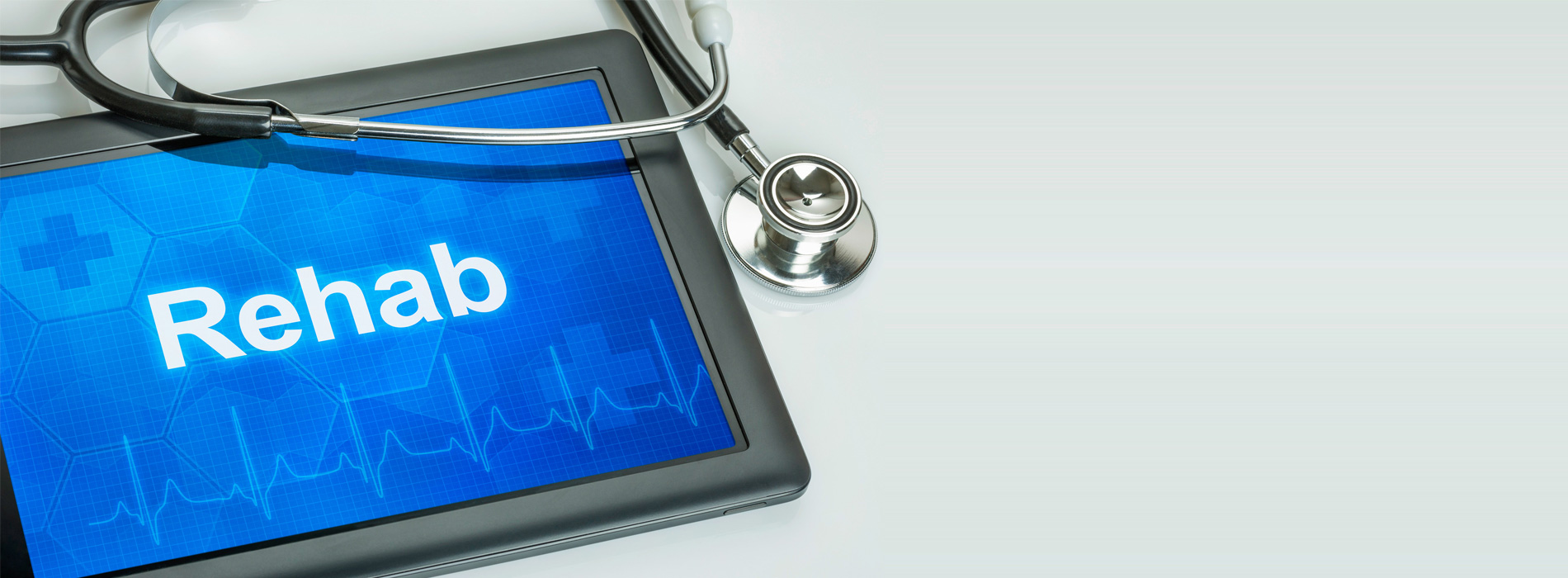![]()
Outpatient Rehab – Is it Right for Me?
For those whose lives still remain functional, outpatient rehab may be an option to consider. With this type of program, you see a counselor locally and work with therapy groups, attend AA/NA meetings, and complete assignments to help you with becoming drug- and/or alcohol-free. While you do have freedom to live your life, random drug/alcohol tests are likely with this type of program, and you must be willing to submit to them, especially if it is court ordered outpatient care.
Minor Addictions
If you have trouble removing drugs and/or alcohol from your life, outpatient treatment may be right for you. This is especially the case if your life does not revolve solely around drinking and using drugs. When you blow off friends, family, or general adult responsibilities to bar hop, consume an entire 12-pack of beer or bottle of alcohol, it’s time to get help. If you’d rather sit and completely lose your mind to get high instead of cleaning the house, grocery shopping, or spending time with your kids, it’s time to get help. This might be the right situation for you since you’re still able to function in daily life.
Remain in your Own Home
When attending outpatient rehab, you don’t have to deal with the stress of being in a strange place with conflicting personalities or those that are near death from their addictions. Being able to stay home with your family or in transitional housing while getting treatment has proven higher success rates. You have to take this program just as seriously as you would an inpatient center.
The transitional housing idea is to keep you in a dry household with others that are also in recovery. You still go to work, pay your bills, and have some freedom. There are curfews and some house rules to adhere to while seeing your counselor, participating in maintaining the home, and attending group sessions.
Live Normal Life without Drugs or Alcohol
In an outpatient program, you learn how to live life and make use of the extra time that you’d normally spend drinking or getting high. Some counselors suggest taking night college courses, painting, cooking, or taking up a hobby. It’s also an open invitation to get more involved with your spouse and children. Taking a more active role in your family is healing in itself and has a great deal of benefits. You’re treating the addiction with your family, rather than being separated from them and feeling awkward returning home in a sober state.
Outpatient programs don’t work for everyone. This is the case with addicts where the only method of detection is by blood sample or spinal tap. These expensive procedures have to be paid for by the patient and most cannot afford them. For those that recognize their problem and cannot afford inpatient care, this is a good place to start. It can be considered as temporary treatment while you look for financial aid or “scholarship” funds to get clean and live a healthy, substance-free lifestyle again.

